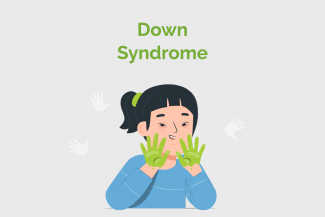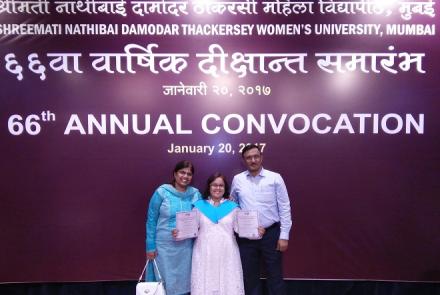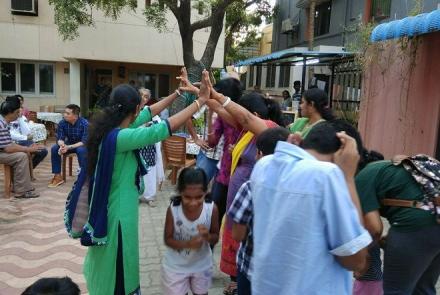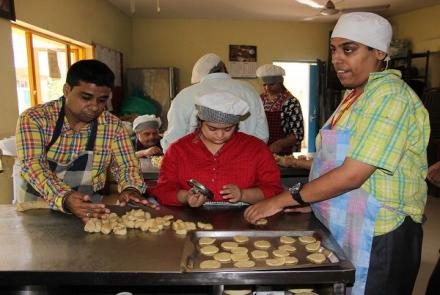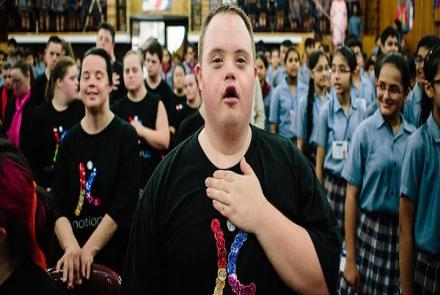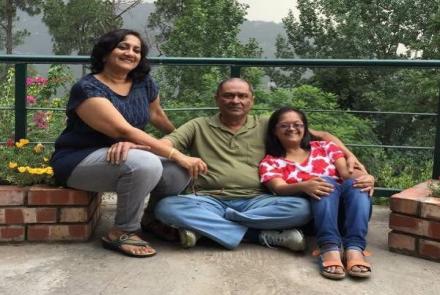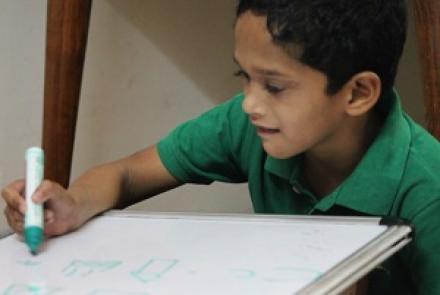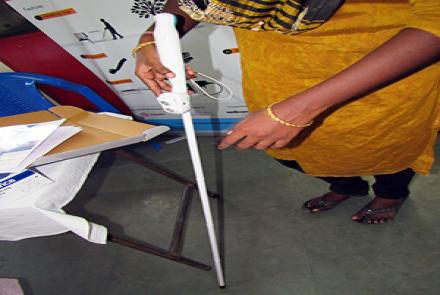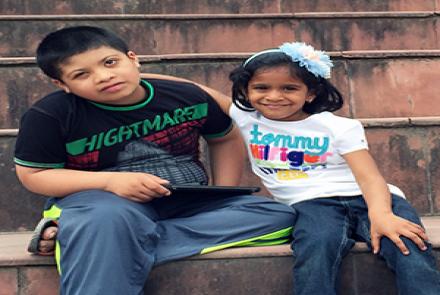Down syndrome continues to be the most common chromosomal disorder. According to WHO, incidence of Down Syndrome is estimated to be around 1 in 1,000 to 1 live births worldwide. Between 1979 and 2003, the number of babies born with Down syndrome increased by about 30%. The good news is that the life expectancy of people with Down syndrome increased dramatically from 10 years old in 1960 to 47 years in 2007.
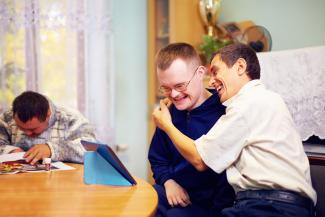
Early intervention protocols are important for management of Down's syndrome in young children:
- These children should receive standard childhood immunizations in the normal way but additional immunizations like seasonal influenza vaccines, may be advised each year, particularly for those with heart or respiratory problems.
- The most common early intervention protocols for babies with Down’s syndrome are physical therapy, speech and language therapy, and occupational therapy. These should begin any time shortly after birth, and usually should continue until the child reaches age three.
- Early intervention for infants and children with Down’s syndrome can make a major difference in realizing their potential abilities and in their quality of life.
- Physical therapy focuses on motor development. It helps in head stabilization and also to come into sitting position, which are the usual milestones in the first four months of age for the normal child. Babies with Down’s syndrome will slowly achieve these milestones with exercises.
- Speech and language therapy is a critical component of early intervention. Most of the babies may not speak until 3 years of age; therefore some training will help them in the development of speech. Training them to imitate some sounds like “peek-a-boo", having them listen to music, speech for longer periods so they become familiarized with sounds and helping them improve oral motor skills like using the tongue and lips to make sounds.
- Occupational therapy can help with child’s ability to play with toys, opening and closing boxes, arranging boxes according to their sizes and colors, building blocks etc which will help in his overall development.
The goal of early intervention programs is to enhance and accelerate development by using his strengths to overcome his weakness.
Your support team: Whom to consult?
Your health care team may include:
- Primary care pediatrician to coordinate and provide routine childhood care
- Pediatric cardiologist
- Pediatric gastroenterologist
- Pediatric endocrinologist
- Developmental pediatrician
- Pediatric neurologist
- Pediatric ear, nose and throat (ENT) specialist
- Pediatric eye doctor (ophthalmologist)
- Audiologist
- Physical therapist
- Speech pathologist
- Occupational therapist
Changed
10/Aug/2017
Community
Condition

